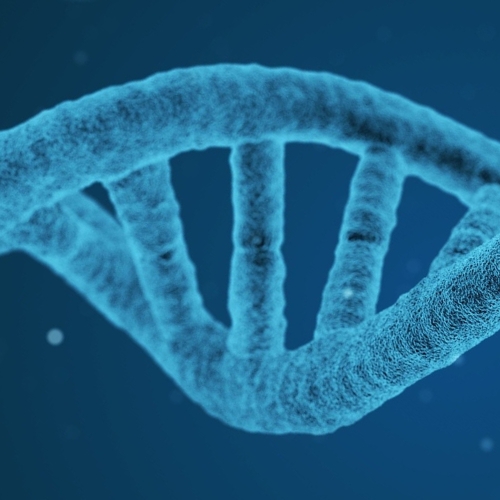Key points from article :
A team of researchers updated the current model of cellular senescence.
Aging-related arrest of DNA replication is caused by irreversible damage to the genome.
This stable stage is preceded by an unstable transient stage.
Arrest of cell division related to cellular aging prevents cells with unstable genomes.
From multiplying and is a key mechanism in suppressing cancer.
Aged, nondividing cells however continue to play an array of biological roles.
Their accumulation in tissues over time compromises tissue functions, linking cellular aging to organismal aging.
Shows senescence-associated genomic instability with observations that telomere breaks.
largely irreparable and that cells can tolerate telomere-induced DNA damage foci.
The authors says "“...irreversible genomic instability, rather than TIF is required to establish replicative senescence in normal cells.”
Study opens new research opportunities into cancer and aging.
Research by University of Montreal published in Nucleic Acids Research.




